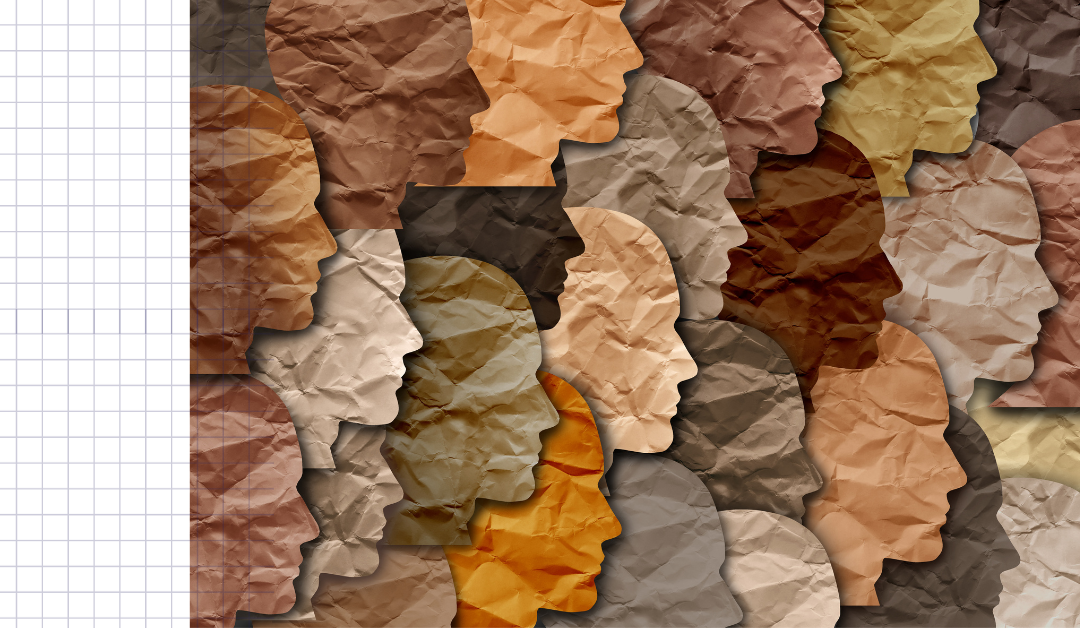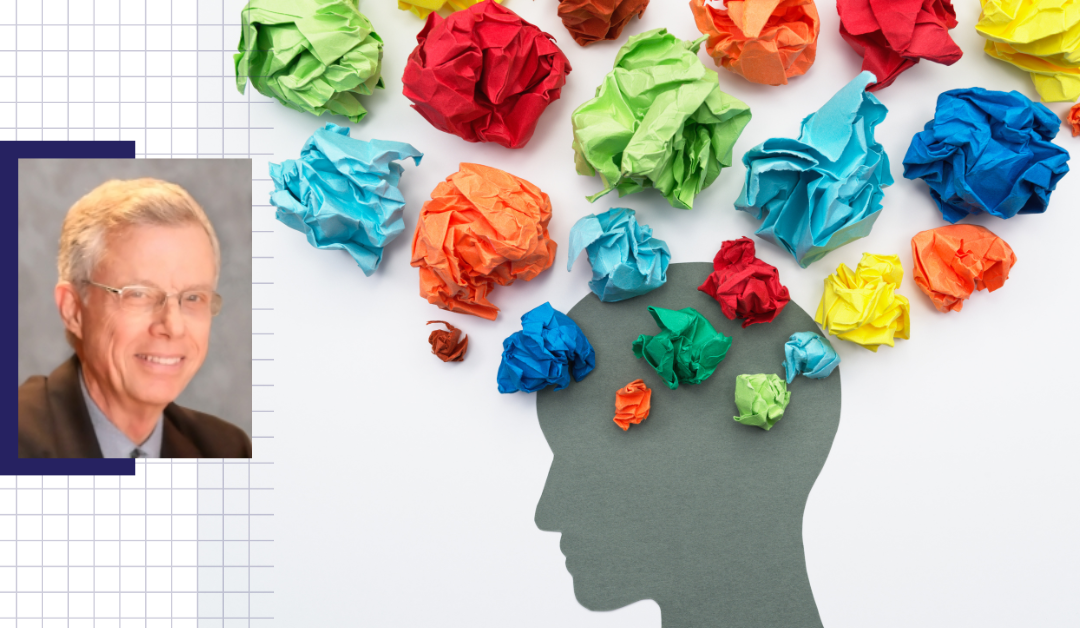
Providing Professional Support: Experience vs Knowledge

APSARD welcomes blogs expressing the opinions of its members. The following blog is an opinion piece from APSARD member, Cindy Goldrich, Ed. M., ADHD-CCSP.
I recently wrote a blog entitled In Search Of – Mental Health Professionals Who Understand ADHD. I wrote this blog after an experience of trying desperately to help one of my clients find therapeutic support for her 16-year-old son who has ADHD and depression and was also dealing with alcohol abuse. My goal was to connect them with a therapist who had specific knowledge and experience with how ADHD was playing a role in his challenges. This proved to be quite a challenging quest.
Unfortunately, I have found that many therapists who, while excellent in their craft, are not knowledgeable about the impact that ADHD (and executive function challenges) has on learning, motivation, emotions, behavior, and the whole family system. Traditionally, ADHD has been minimally addressed in graduate training programs. However, I believe that any professional who works with a client/patient with an ADHD diagnosis would better serve their clients if they are appropriately educated about core symptomology, traits, relevant research, and best practice treatments.
In my “In Search Of…“article, I asked Licensed Therapists who had expertise in ADHD to contact me. I asked them to complete a form telling me about their knowledge of ADHD and how they had acquired their knowledge. I am disappointed to see that many respondents cited their knowledge was based on their own experience as either someone with ADHD or as a parent of a child with ADHD. Quite frankly, experience is NOT knowledge. In my practice, I often say, “Parent the Child you Have.” The main message behind this statement is that each child is different. ADHD shows up differently in every individual. Therefore, personal experience is not transferable, nor can it be generalized to other people or situations.
Some therapists cited that they learned about ADHD from blogs, articles, and podcasts. Sadly, so much information is out there that is inaccurate or worse. I am not sure that learning from unvetted sources compares to materials presented in coursework.
Although I am a trained mental health counselor, I work primarily as an ADHD Coach and Coach Trainer. As a coach, I am very clear on the lines between therapy and coaching. In fact, I spend considerable time with the coaches that I train, making sure that they understand the importance of “staying in their lane.”
ADHD Coaching is a discipline where professionals are trained and can become certified (the International Coaching Federation is the “gold standard”) with a rigorous set of Core Competencies and a strong Code of Ethics. Over the past decade, ADHD Coaching has become recognized as an important part of the multimodal treatment plan for individuals with ADHD by notables in the field such as Russell Barkley, Thomas Brown, Russell Ramsey, and Anthony Rostain.
In their article, Therapy and ADD Coaching: Similarities, Differences, and Collaboration, Clinical Psychologist Peter Jaska and Master Certified Coach Nancy Ratey discuss the effective collaboration between coaching and therapy. “Coaching involves an ongoing relationship between a coach and client that is very goal-driven, structured, and focused on helping the clients actively create practical strategies to accomplish specific goals and develop general skills to be more effective in their daily lives. Many therapists are referring to coaches so that they can help the client clear the behavioral “clutter” and allow the therapist to focus more on core therapeutic issues.” Coaches also know that there are times where their clients will be best served by therapy with a qualified practitioner.
The mission of APSARD is to “improve the quality of care for ADHD patients through research, best practices, and evidence-based education and training.” Perhaps APSARD, along with organizations such as CHADD, ADDA, and the ADHD Coaching Organization, can put out the clarion call to advocate for:
- Better training in schools and programs that prepare future mental health professionals
- Certification or distinction opportunities for those who meet a level of ADHD knowledge
- Public awareness of the value and importance of seeking out qualified ADHD experts when looking at treatment options.
We have so much knowledge; it’s time we all do better in serving the public at large.







